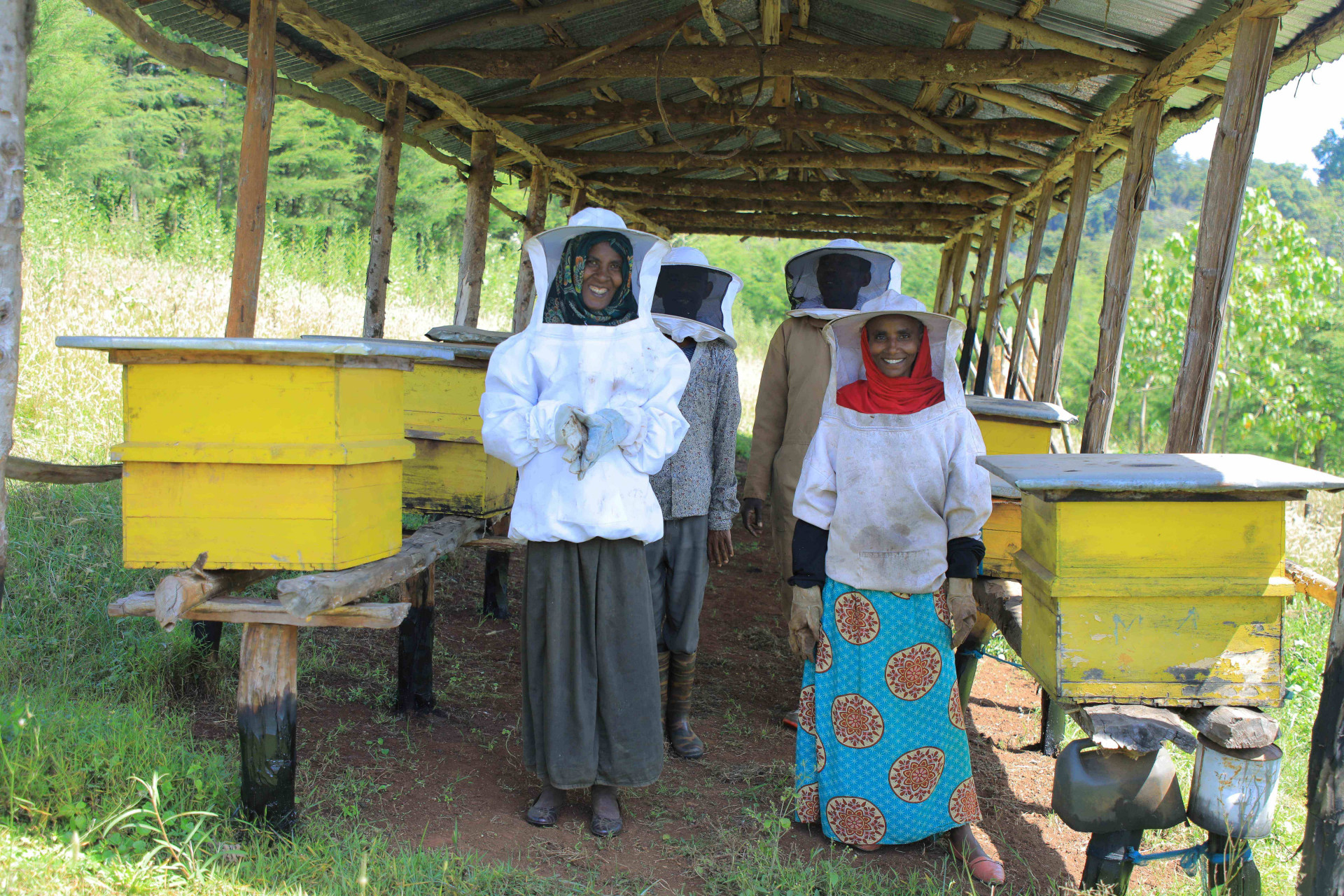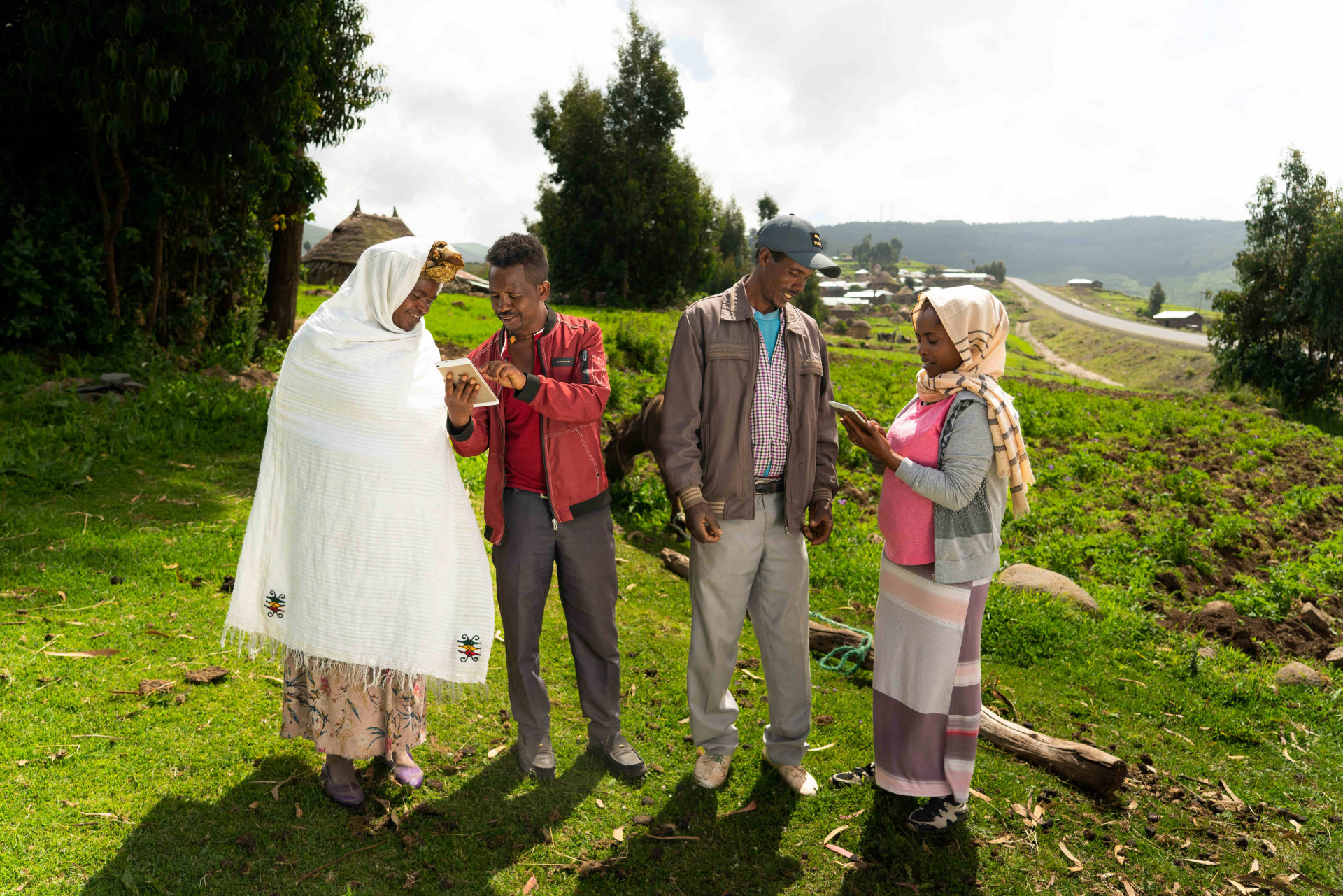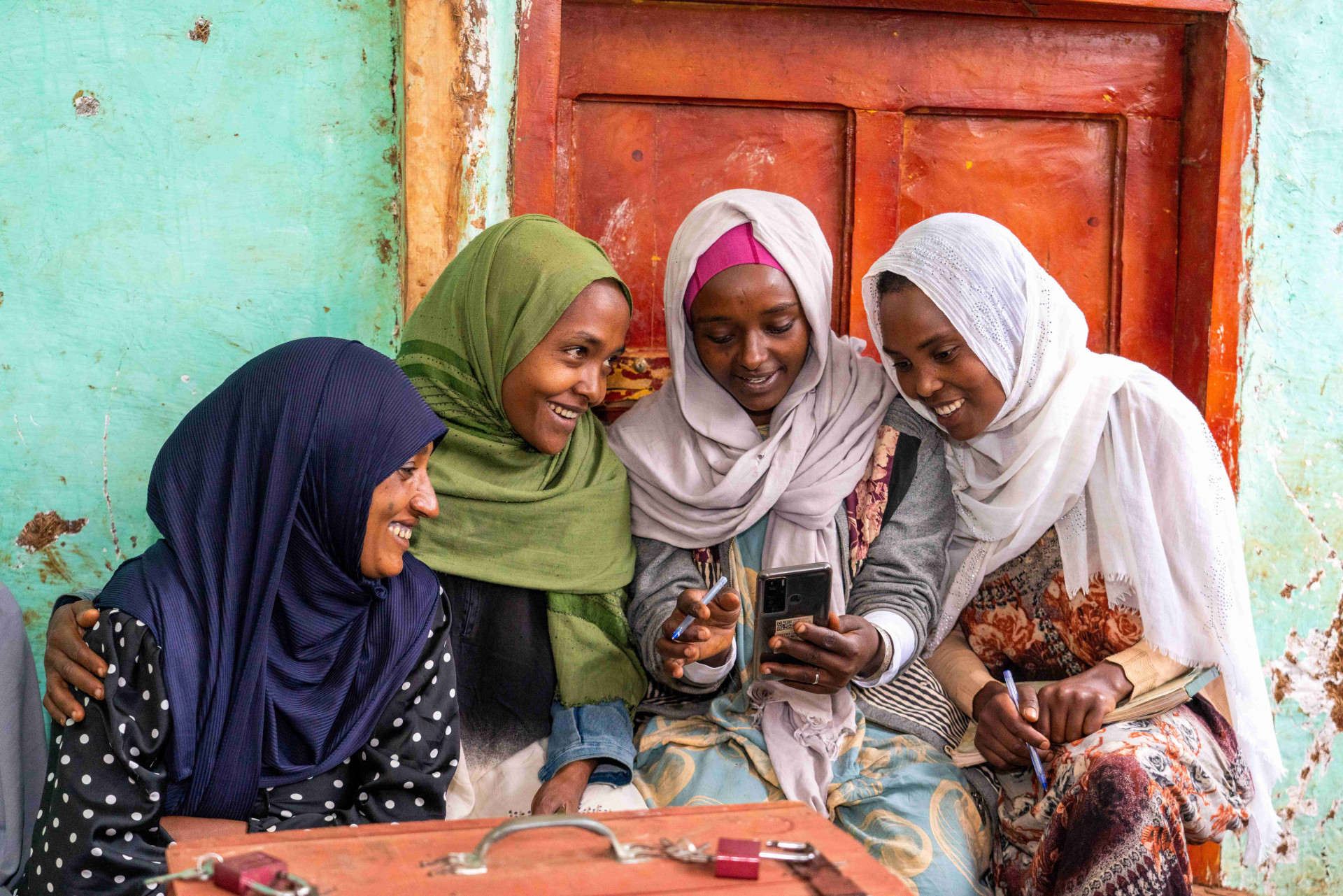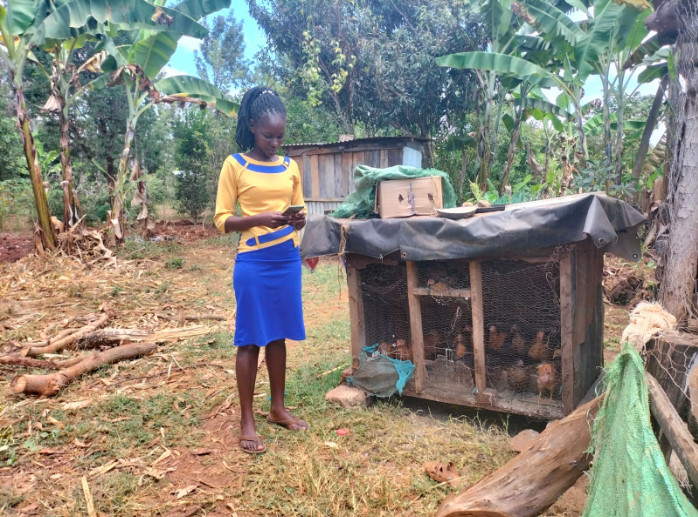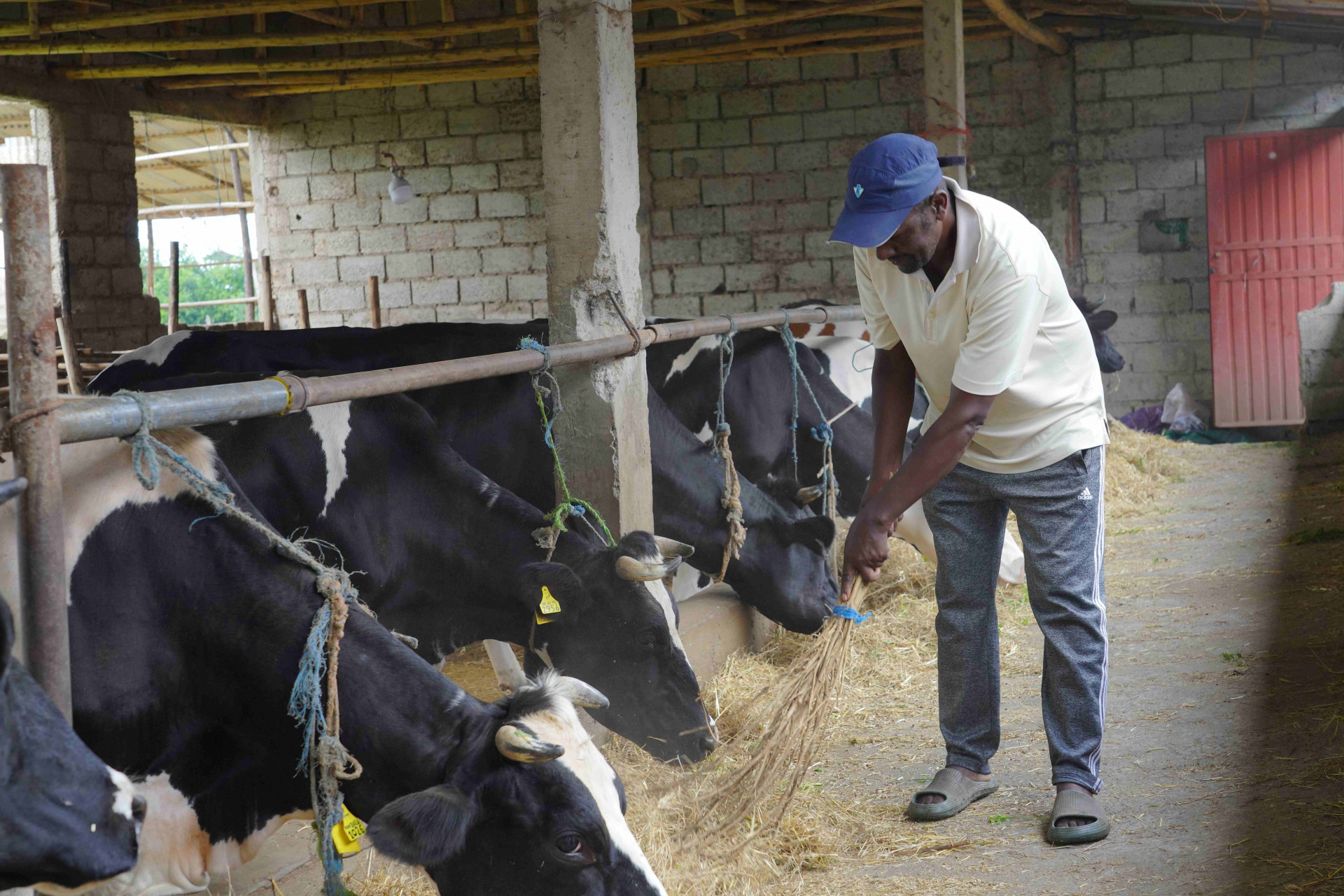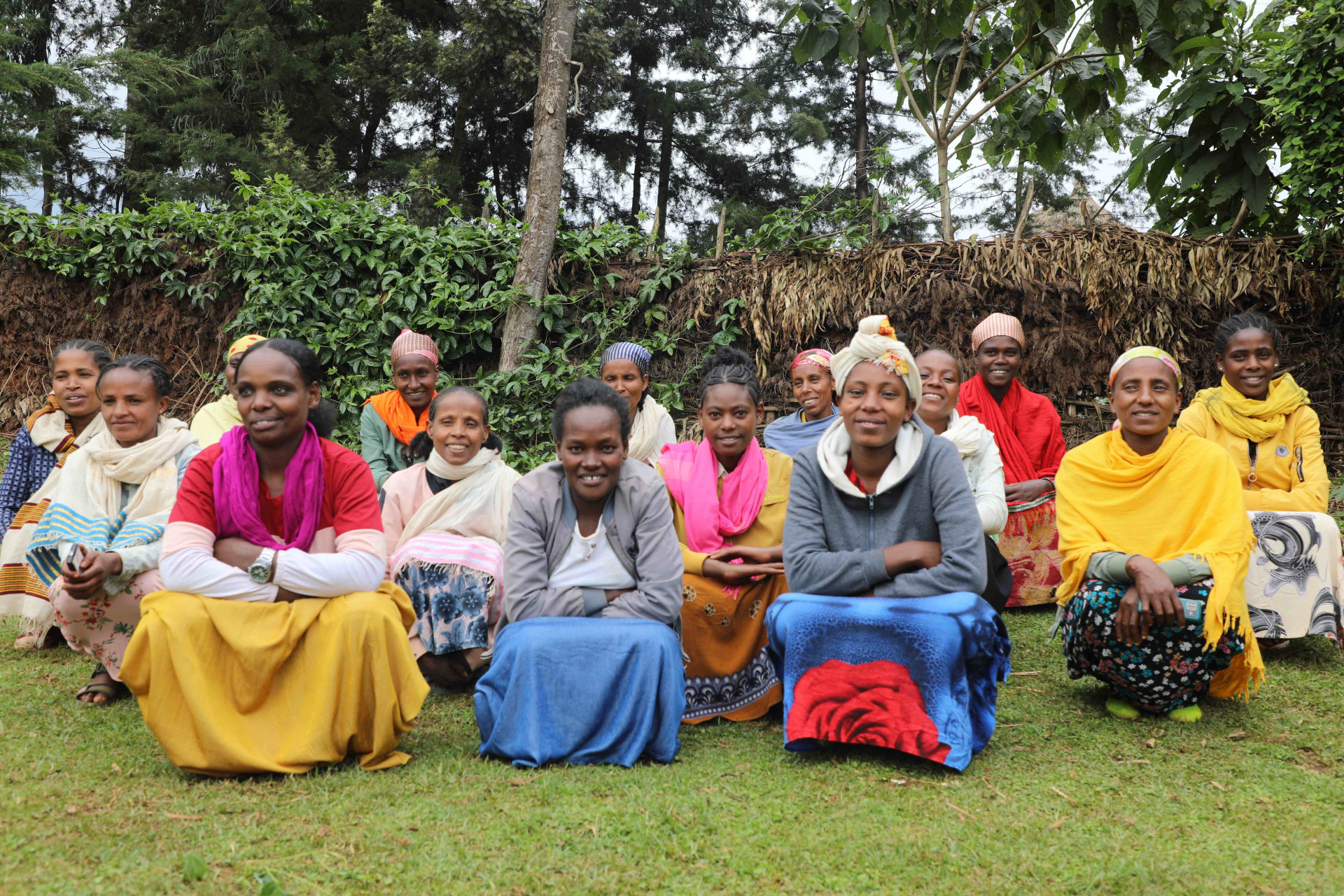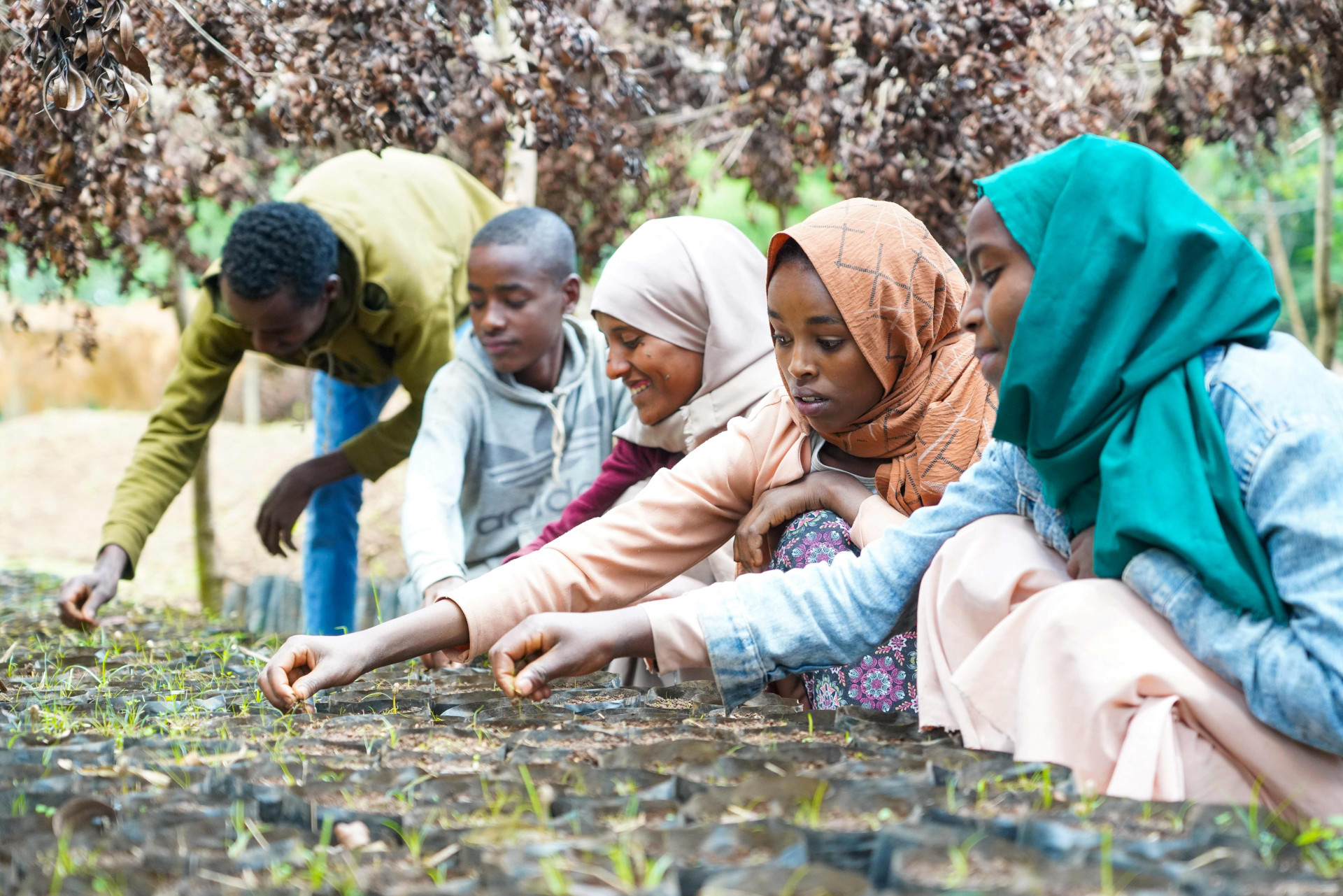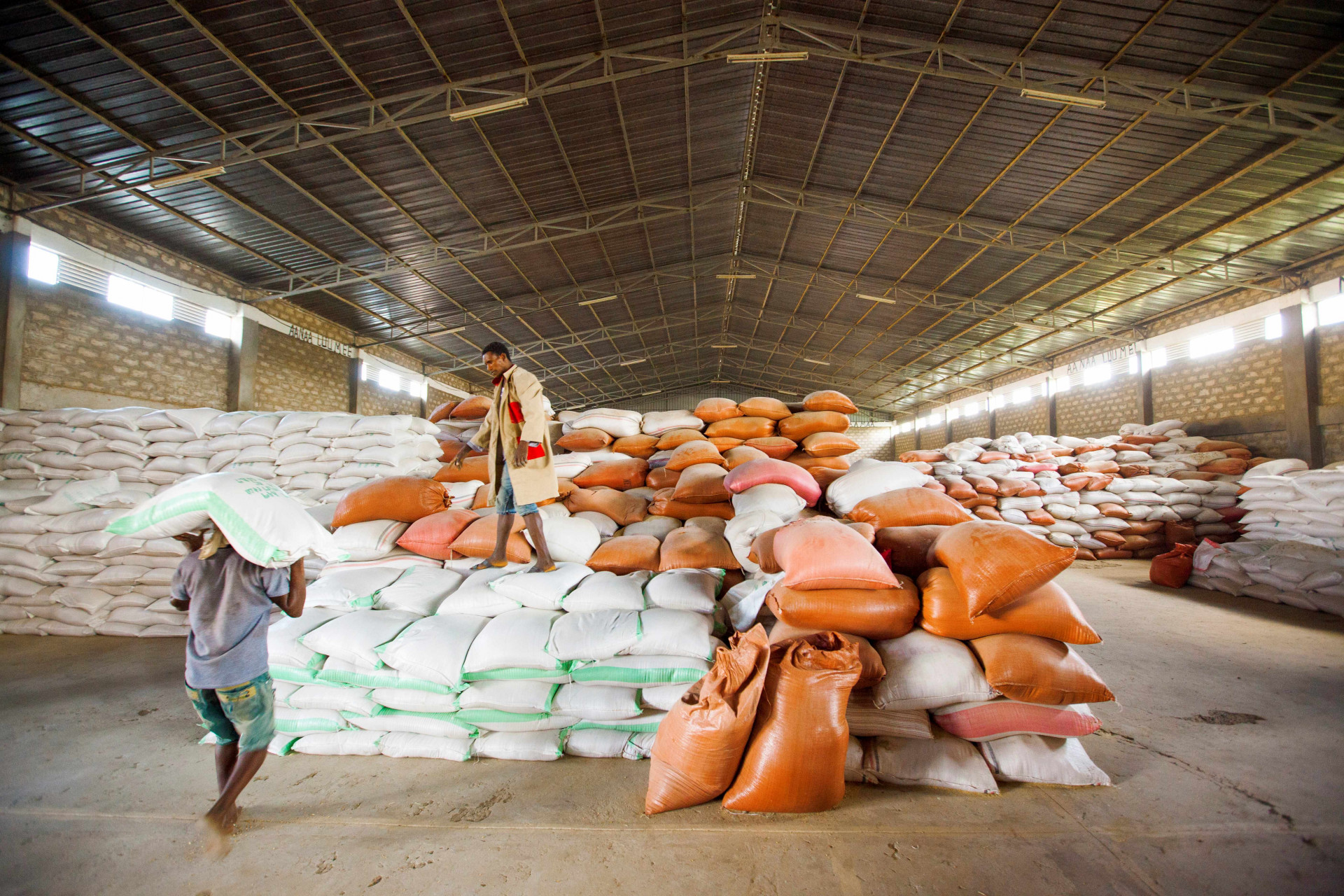In the heart of verdant Odisha, India a quiet shift is underway. Thousands of women farmers under the Swayam Sampurna Farmer Producer Organisation (FPO) are transforming agriculture – embracing digital tools to secure their livelihoods, boost climate-smart crop production and make data-driven decisions.
Swayam Sampurna, which roughly translates to “complete self-reliance”, is an FPO created by women farmers, for women farmers – consisting of over 4000 members spread across 139 villages in Odisha, India. The organisation is headed by an all-women Board of Directors, and is staffed by Community Resource Persons (CRPs) who are women farmers well versed in the unique needs of each community they serve.
These smallholder farmers often face delays in receiving timely and tailored guidance on farming practices, seeds and inputs. Many farmers rely on traditional advisories and must depend on infrequent visits from government horticulture agents or travel long distances to agriculture departments. Delayed access to advisories can lead to many missed opportunities to improve yields for major local crops like millet, watermelon and tomato.
Digital Green Trust has introduced digital interventions across all points of the agricultural value chain, empowering the women of Swayam Sampurna to make data-driven decisions for their farms and families.
Video Advisories Promote Climate-Smart Agricultural Practices
The use of chemical fertilizers is prevalent in India, but heavy use has serious health and environmental effects including reduced soil fertility and contamination of water sources.
Digital Green’s video advisories, made by digitally-equipped women farmers, and shared by trained women CRPs, promote the use and preparation of climate-smart, organic fertilizers to improve crop health. “By watching videos, I’ve started preparing organic manure to reduce input costs and improve the health of my watermelon crop,” says a farmer.
E-Farm Collects Data to Boost Demand
The E-farm application empowers CRPs to generate demand digitally instead of manual, paper-based collection from each farm. Farmers can capture product demand directly from their fields, collecting data efficiently.
With this intervention, CRPs free up valuable time otherwise spent manually recording data from each farmer. Kabita Taria, a CRP from the Baunsnali Gram Panchayat explains: “Previously, we had to travel to collect indents from farmers. Now, with e-Farm, everything is updated instantly on the app!”
By leveraging e-Farm’s digitally aggregated demand data, Swayam Sampurna can enhance their bargaining power and use their insights to negotiate better prices for their crops.
Farmer.Chat Provides Real-Time, Customized Advisory
CRPs use Farmer.Chat to provide accurate and timely answers to questions from the farming collective. Farmers often seek real-time advice on managing pest attacks and treating crop diseases. A farmer explains, “The platform offers tailored advice for the crops I grow, making it more relevant and easy to follow. I can find useful recommendations anytime, helping me make timely decisions for better results on my farm.”
With Farmer.Chat, Swayam Sampurna’s farmers no longer have to rely on bi-monthly visits from horticulture experts – often too late to tackle urgent pest and disease issues. “Now we can get all the information very easily, without depending on the nearest medicine shop,” says Singha Tudu, a farmer from Jashipur who had been struggling to address crop diseases effectively.
Empowering Women through Capacity Building
Through Digital Green’s tailored training program, CRPs are equipped with the skills to use digital tools like Farmer.Chat and e-Farm. This allows them to facilitate informed decision-making at every stage of farming—from crop management to market negotiations.
As women farmers themselves, CRPs understand the specific challenges faced by their communities. Their ability to use digital tools to guide other women farmers has created a peer-sharing ecosystem – where each CRP not only improves her own farming practices, but also enables the same for other women in her community.
The Ripple Effect of Digital Empowerment in Agricultural Communities
The ripple effect of digital empowerment is profound: with digital tools at their fingertips, women no longer need to rely on external resources and can make climate-smart, data-informed decisions for their farms and families. This not only lowers their household burden but also increases the collective bargaining power of women-led FPOs, ensuring market access for their produce, and higher income flowing into their communities.
As digital-first CRPs and FPOs continue to spread accurate, real-time and customized agricultural knowledge, these interventions have the power to transform the way entire communities approach agriculture, empowering women farmers – in Odisha, and beyond – to pave the way for the future of agriculture.
